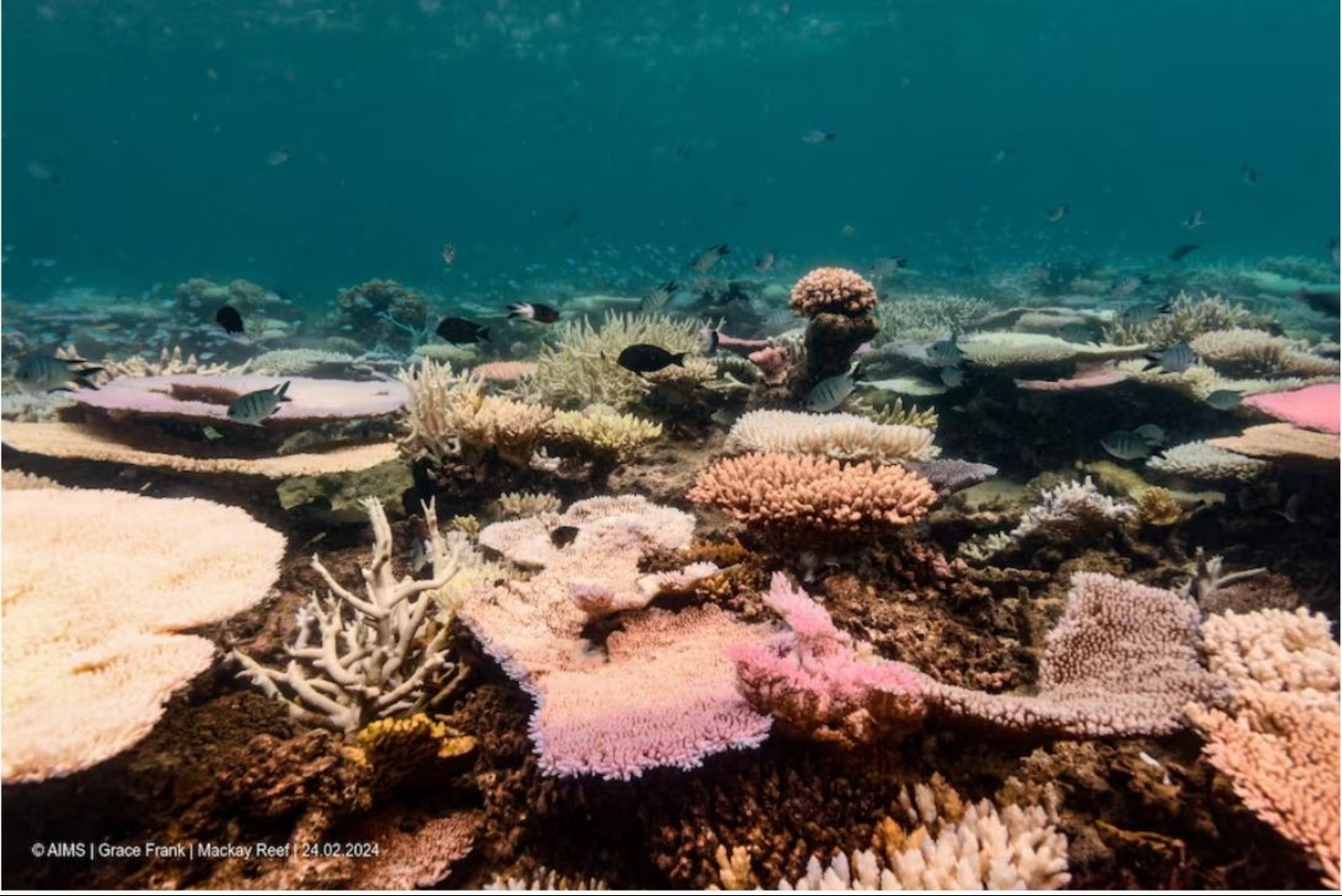coral reefs have been facing a growing threat known as bleaching, posing a significant risk to their survival and the ecosystems they support.
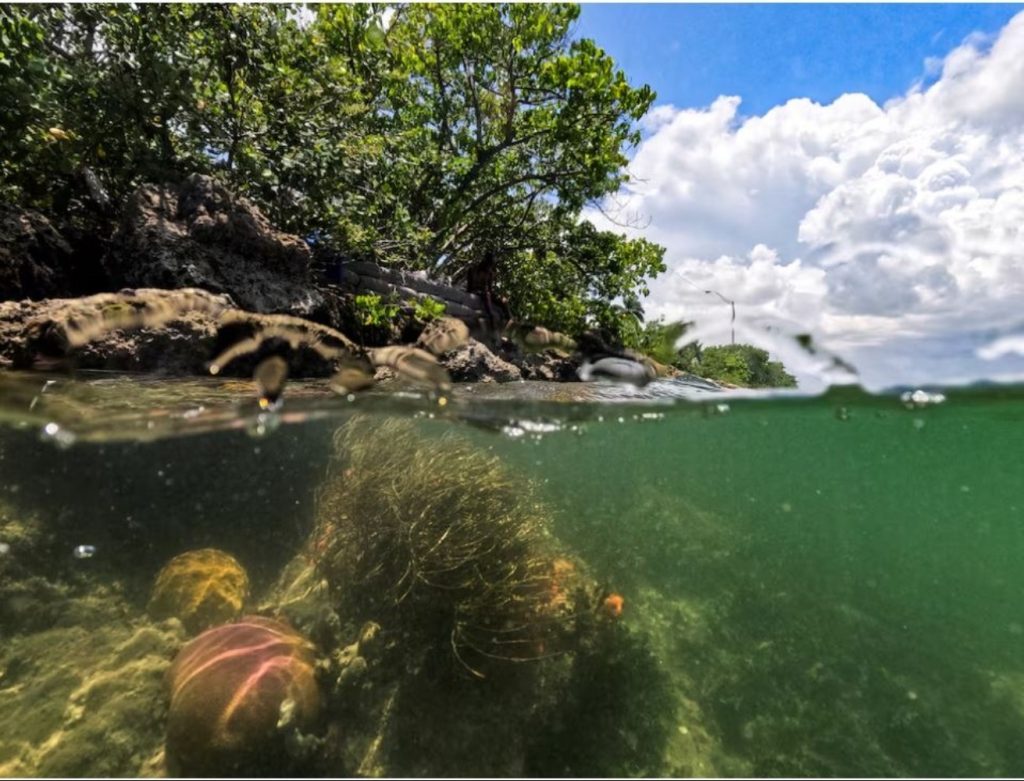
Coral reefs, often referred to as the “rainforests of the sea,” are among the most diverse and productive ecosystems on the planet. To subscribe please click tau.id/2iy6f and access our live channel.
These vibrant underwater communities, teeming with life, provide a habitat for countless marine species and serve as a crucial source of food and income for millions of people worldwide.
READ MORE: AI-Enabled Smartphones Sale to Rise Exponentially
However, in recent years, coral reefs have been facing a growing threat known as bleaching, posing a significant risk to their survival and the ecosystems they support.
Huge stretches of coral reef around the world are turning a ghostly white this year amid record warm ocean temperatures.
On Monday, the U.S. National Oceanic and Atmospheric Administration confirmed the world’s fourth mass global bleaching event is underway – with serious consequences for marine life and for the people and economies that rely on reefs.
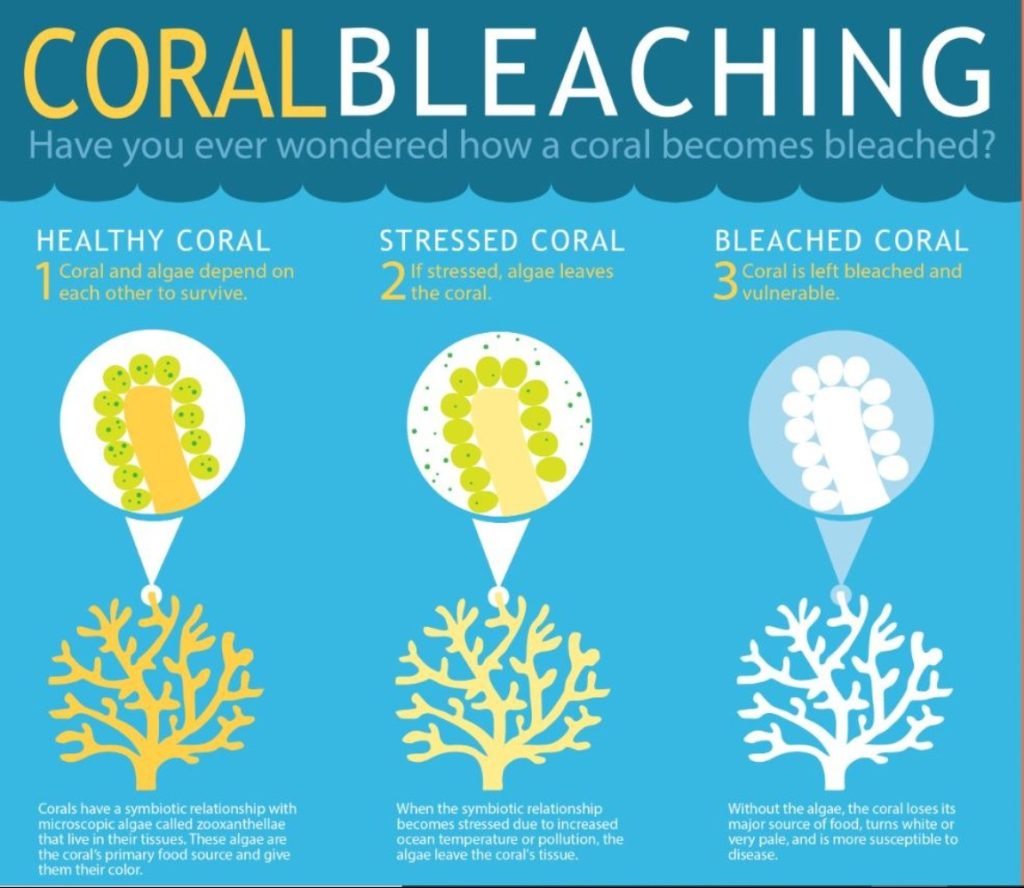
What is Coral Reef Bleaching?
Coral bleaching happens when corals lose their vibrant colors and turn white. But there’s a lot more to it than that. Coral are bright and colorful because of microscopic algae called zooxanthellae. The zooxanthellae live within the coral in a mutually beneficial relationship, each helping the other survive.
But when the ocean environment changes—if it gets too hot, for instance—the coral stresses out and expels the algae. As the algae leaves, the coral fades until it looks like it’s been bleached. If the temperature stays high, the coral won’t let the algae back, and the coral will die.
Attributes of Coral Bleaching
- One of the primary drivers of coral bleaching is rising sea temperatures, largely attributed to climate change. As the Earth’s atmosphere warms, so do the oceans, putting immense pressure on coral reefs.
- In addition to addressing climate change, it is essential to manage local stressors that contribute to coral bleaching, such as pollution and overfishing.
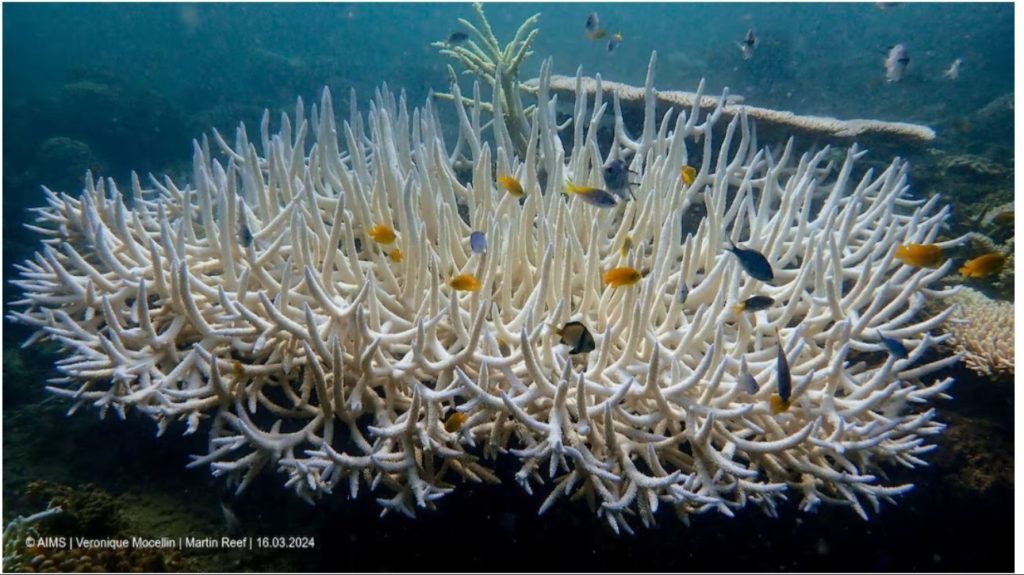
Why does coral bleaching matter?
These events not only endanger the corals themselves but also have far-reaching consequences for the countless species that depend on them for survival. Moreover, Coral reefs play a crucial role in supporting the livelihoods of millions of people, particularly in coastal communities in developing countries.
These reefs provide food security through fisheries, offer protection from storms and erosion, and contribute to tourism and recreation, generating significant economic value. Most importantly, With few corals surviving, they struggle to reproduce, and once these corals die, reefs rarely come back.
Addressing the Issue
Efforts to address coral bleaching require a multifaceted approach that tackles both the root causes and the immediate impacts of this phenomenon. At the heart of these efforts is the urgent need to address climate change by reducing greenhouse gas emissions and transitioning to renewable energy sources.
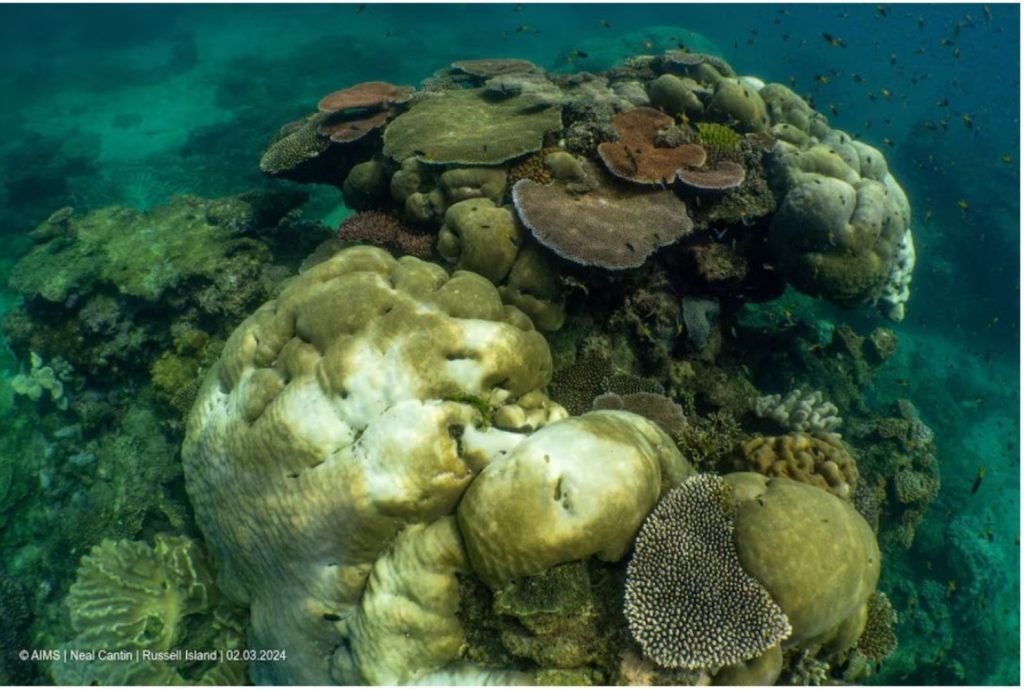
In addition to addressing climate change, implementing measures to reduce nutrient runoff, improve water quality, and establish marine protected areas can help alleviate stress on coral reefs and enhance their ability to recover from bleaching events.
Scientists around the world are conducting studies to assess the health of coral reefs, monitor bleaching events, and identify factors that contribute to their resilience. This research informs conservation efforts and helps guide decision-making to protect these invaluable ecosystems.
Scientists are therefore trying to plan for the future by bringing coral larvae into cryopreservation banks, and breeding corals with more resilient traits. While it’s important that scientists investigate such interventions, breeding genetically engineered corals is not the answer to climate change.
Conclusion
Ultimately, the fate of coral reefs rests in our hands. By taking decisive action to address climate change, reduce local stressors, and support conservation efforts, we can help safeguard these vital ecosystems for future generations. Protecting coral reefs not only preserves biodiversity and ecosystem services but also upholds our responsibility to steward the planet and ensure a sustainable future for all.

